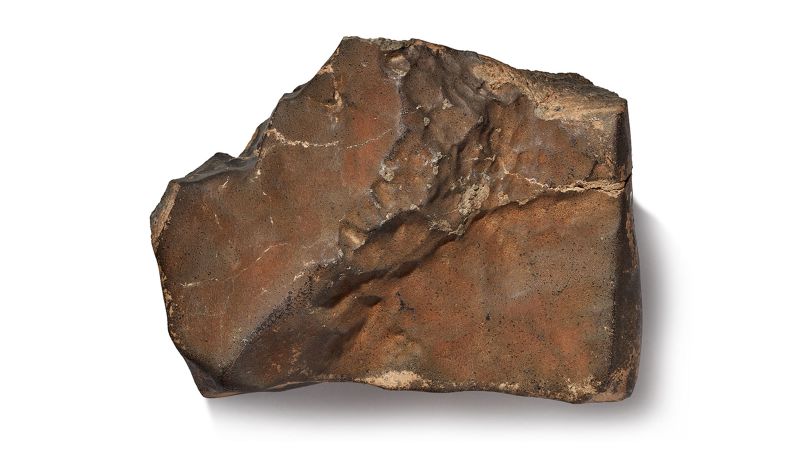A Meteorite Older Than Earth: Uncovering the Secrets of Our Solar System

Introduction
In June, a meteorite made its way through the sky in the southeastern US, causing a sonic boom that could be felt for miles. This event caused quite a stir and led researchers to study the meteorite after it crash landed. What they found was surprising - the meteorite is believed to be older than Earth itself, at a whopping 4.56 billion years old. This discovery has brought about new questions and insights into the history of our solar system.
Key Details
The meteorite, named the "Oak Grove" meteorite, is a rare type known as a carbonaceous chondrite. These types of meteorites are believed to contain some of the oldest material in our solar system, dating back to 4.6 billion years ago. This particular meteorite has been analyzed and found to contain tiny mineral grains that are even older, dating back to 7 billion years ago. This provides evidence that the meteorite may have originated from a much older parent asteroid that broke apart, sending fragments towards Earth.
Impact
This discovery has opened up new possibilities for researchers to study the origins of our solar system and the materials that formed it. The meteorite is also important in understanding the role that carbonaceous chondrites played in the development of life on Earth. It has been found to contain organic compounds that could potentially provide insight into the origin










